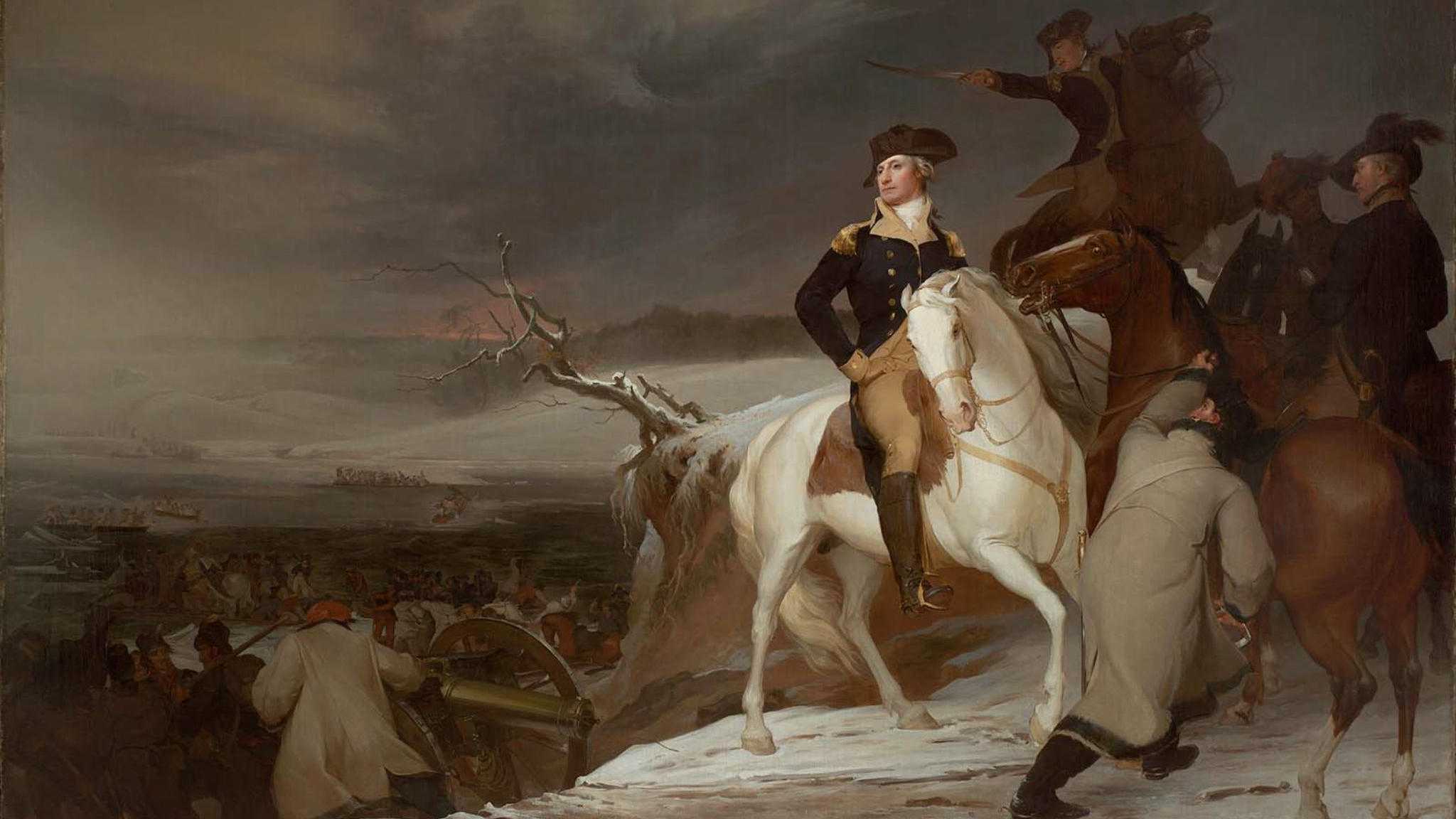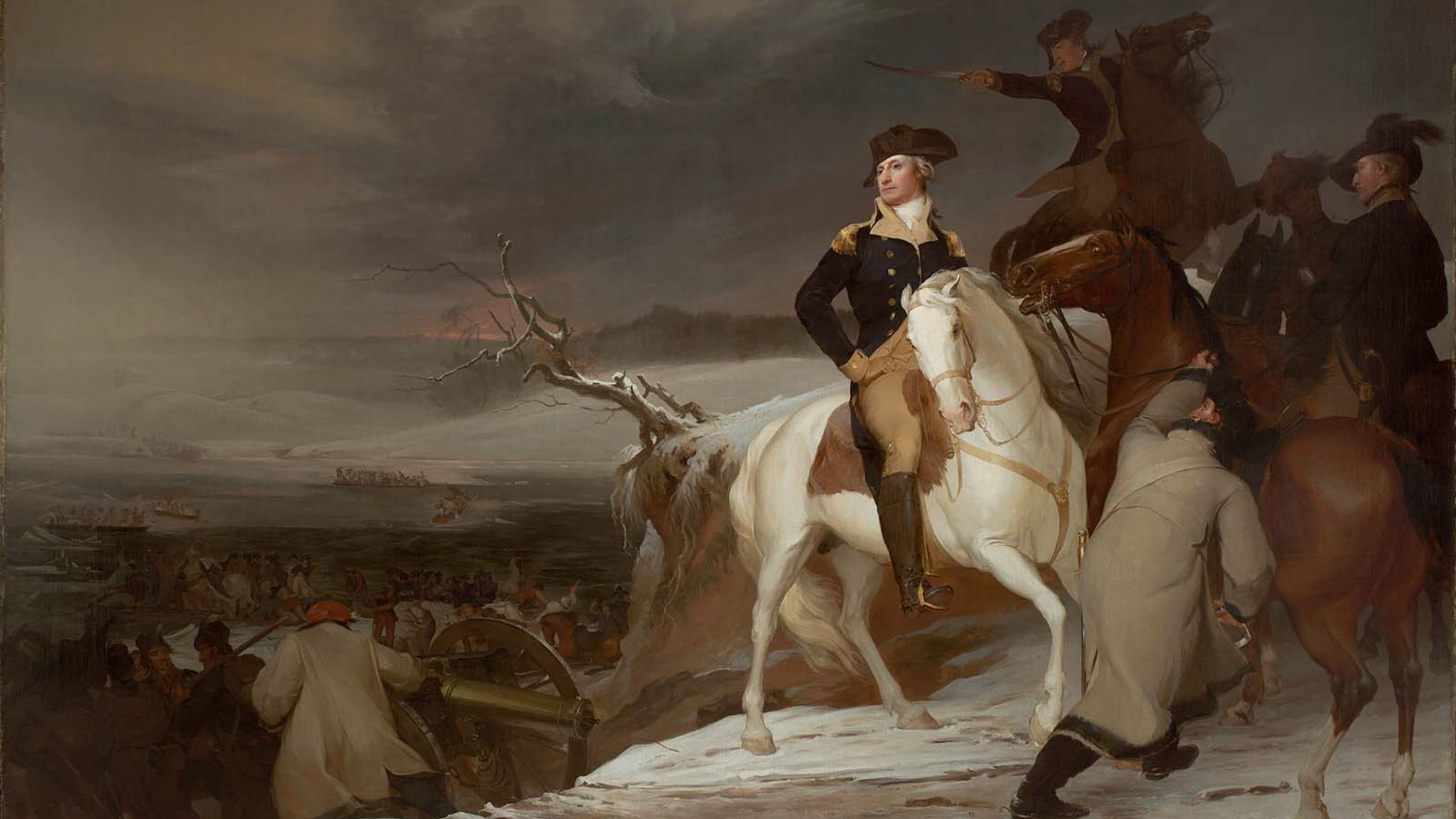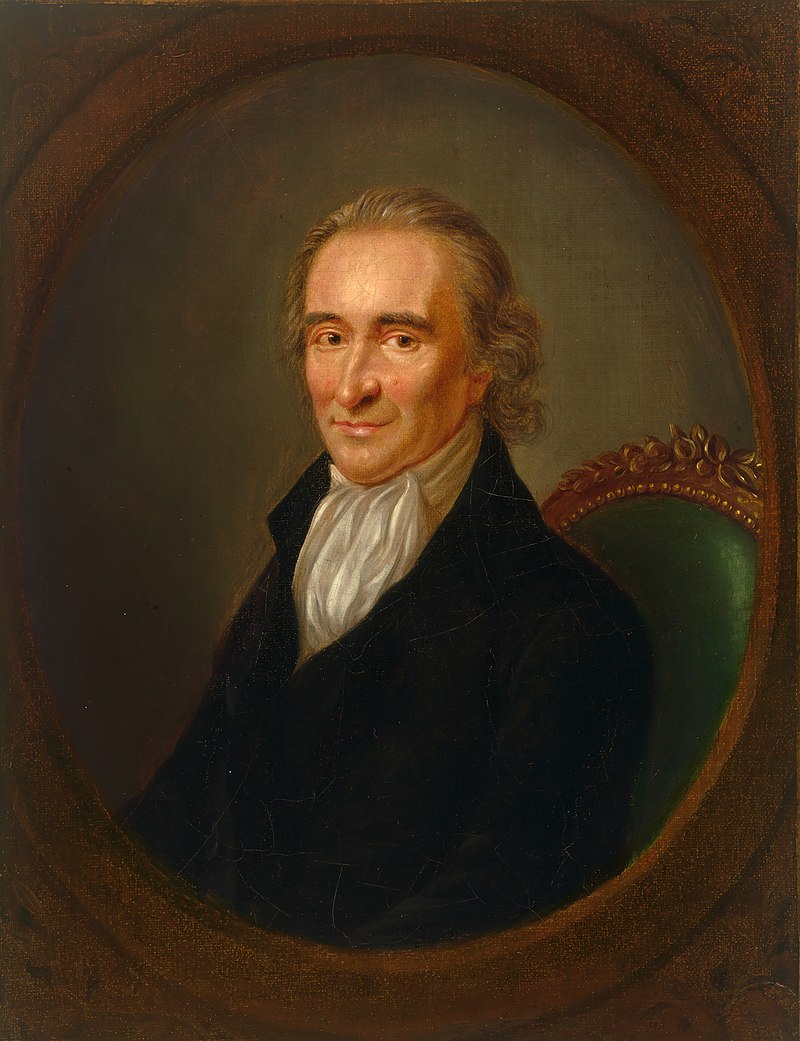Authors:
Historic Era: Era 3: Revolution and the New Nation (1754-1820s)
Historic Theme:
Subject:
Spring 2022 | Volume 67, Issue 2


Authors:
Historic Era: Era 3: Revolution and the New Nation (1754-1820s)
Historic Theme:
Subject:
Spring 2022 | Volume 67, Issue 2

Editor’s Note: Harlow Giles Unger was the author of twenty-eight books, more than a dozen of them biographies of America’s founding fathers that include the highly acclaimed Thomas Paine and the Clarion Call for American Independence.
Thomas Paine’s words leap off the page, embracing men, women—indeed, whole peoples—inspiring them to change their lives, their governments, their kings, even their gods. In an age when spoken and written words were the only forms of communication, Paine roused men and women to action as few other writers had. His prose exposed as myth the notion that birth predetermines one’s rights and privileges. And they implanted a revolutionary new concept for humanity: that all are created equal, with inalienable rights to life, liberty, and property.
The concept was not new, but it had only been aired in weighty scholarly texts for a small literate minority—clergymen, noblemen and the like—who understood and balked at its implications. English philosopher/physician John Locke, for example, shocked crown and clergy in 1689 with Two Treatises of Government that questioned divine right of kings. He argued that before development of communal life on earth, primitive humans were born all but identical in a “state of nature,” governed only by God, not kings. No king “owned” the body of a prehistoric human (i.e., its life), or its labor (liberty), or the products of its labor—its food or the hovel it built as shelter (his property). Paine translated Locke’s concepts into everyday language that anyone could understand—literate or not.
Born in 1737 in the murk of Liverpool, England’s dockside slums, Paine taught himself to read and write. He read unceasingly and developed a skill for translating complex ideas into everyday language that he demonstrated in articles for local newspapers. His writing caught the eye of Benjamin Franklin, then in London as agent in Parliament for several American colonies. Franklin mentored Paine, then sponsored his journey to America and a job as a Philadelphia magazine writer/editor.
After British troops fired on protesting farmers in Lexington, Massachusetts, in April 1775, Paine began writing an essay of protest that grew into a small book he published in January 1776. Called Common Sense, it all but exploded off the press, quickly becoming the world’s best-selling book after the Bible. The words in Common Sense resounded in palaces, ordinary homes, and hovels, along urban streets and country roads, wherever humanity struggled against oppression.
